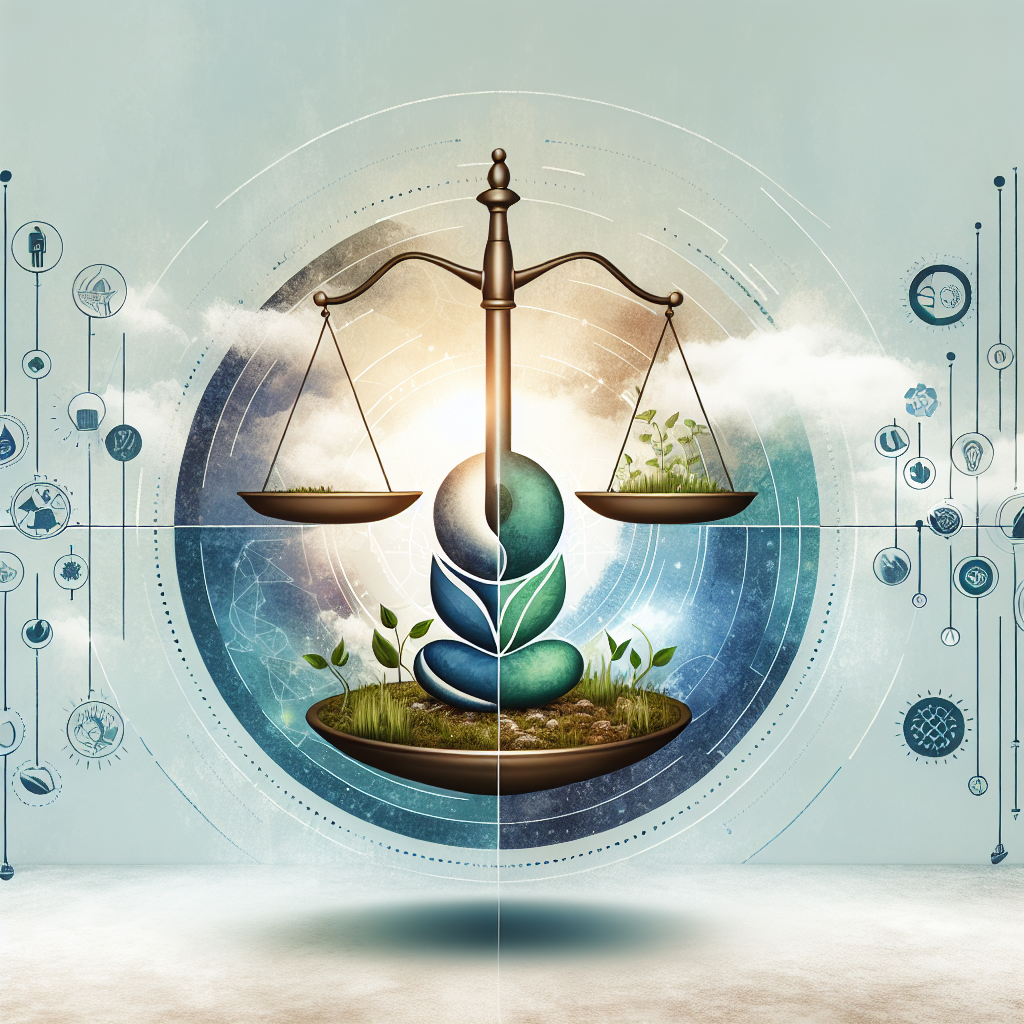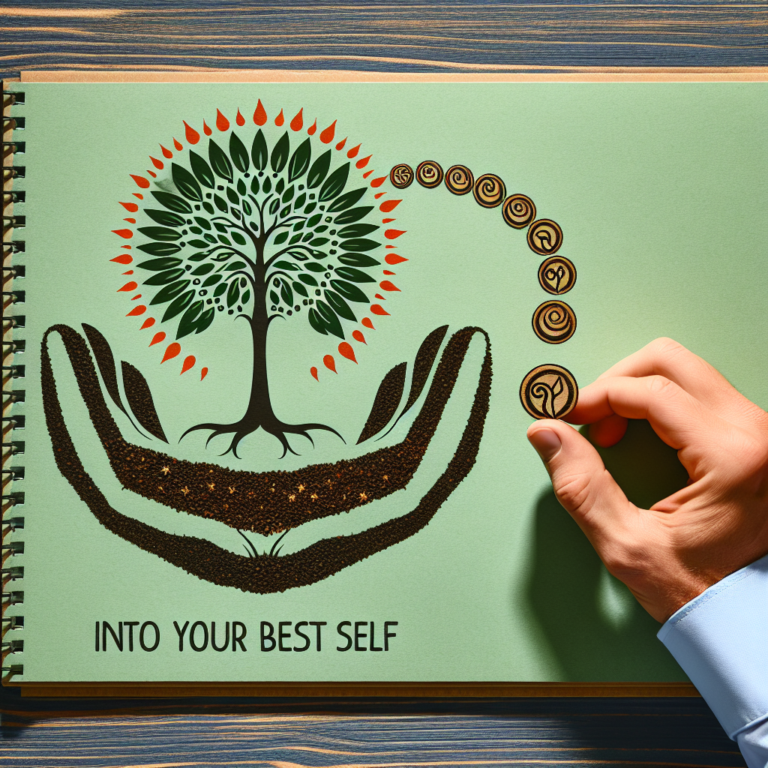Introduction
Karma, often misunderstood as a mere concept of fate or destiny, is a profound principle that operationalizes the idea that our actions have consequences. It flows deeper than mere retribution; it is a reflection of how our behaviors, intentions, and interactions shape our lives and the world around us. This article delves into the multifaceted understanding of karma, exploring innovative strategies that individuals and communities can adopt to facilitate positive change. By embracing the essence of karma, we can inspire transformation not just within ourselves, but also in the broader sphere of society.
Understanding Karma: A Brief Overview
Karma originates from ancient Indian philosophies, primarily Hinduism and Buddhism. It signifies the law of causation—every action (karma) creates a force that inevitably leads to a corresponding reaction. This can be understood through three essential components of karma:
Action (Karma): Every deed, whether physical, verbal, or mental, carries with it a consequence that will manifest in the future.
Intention (Sankhara): It’s not just the action that matters, but the intent behind it. Positive intentions can lead to beneficial outcomes, while negative intentions can yield harmful results.
- Result (Phala): This illustrates the outcomes of actions, which can be immediate, delayed, or even span many lifetimes.
This triad emphasizes a holistic and reflective approach to living, where mindfulness and ethical living can cultivate a positive karma cycle.
Karma and Positive Change: The Connection
In a broader sense, karma encourages us to be proactive contributors to the well-being of society. This connection to positive change can manifest on various levels—individual, communal, and global. By understanding the ripple effect of our actions, it becomes evident how each individual choice can lead to wider sociocultural shifts.
Innovative Strategies for Positive Change
- Mindfulness and Self-Reflection
To act consciously requires self-awareness. Mindfulness practices—such as meditation, yoga, or simple contemplative practices—allow individuals to engage in self-reflection, leading to a more intentional approach toward their actions. By focusing on the present moment, individuals can break the cycle of automatic, reactionary behaviors that may propagate negative karma.
- Strategy in Action: Community workshops and online platforms that bring together individuals to share mindfulness practices can foster collective consciousness and inspire more benevolent community dynamics.
- Positive Intentions in Communication
The way we communicate holds significant power in shaping interpersonal dynamics. Emphasizing positive language and intentions in everyday conversations can help cultivate a more compassionate environment. It is essential to practice active listening, empathy, and kindness, which not only transforms individual relationships but can lead to a more harmonious community.
- Strategy in Action: Schools and organizations can implement trainings on non-violent communication and conflict resolution, enabling individuals to express their thoughts and feelings constructively.
- Community Service and Volunteering
Engaging in community service opens doors for individuals to express positive karma through altruism and compassion. Helping others utilizes the principle of collective karma, demonstrating that when we uplift others, we elevate ourselves.
- Strategy in Action: Organizing community service projects that focus on specific local needs—such as environmental clean-ups, food banks, or tutoring programs—can nurture a spirit of cooperation and unity.
- Sustainable Living and Environmental Accountability
The environmental crisis is fundamental to creating a positive future. By engaging in sustainable practices—reducing waste, conserving resources, and supporting eco-friendly businesses—we take steps that honor our connection to the planet.
- Strategy in Action: Initiatives like community gardens, recycling drives, and educational campaigns on sustainability can engage individuals in shared goals that respect and nurture the Earth.
- Education and Empowerment
Empowerment through education plays a crucial role in the manifestation of positive karma. By spreading awareness and knowledge, we equip individuals to make informed decisions that positively affect their lives and the lives of others.
- Strategy in Action: Development of educational programs that tackle critical issues such as social justice, environmental stewardship, and mental health can cultivate a sense of responsibility and initiative in communities.
- Incorporating Arts and Culture for Social Change
Art has historically served as a medium for expressing emotions and promoting social change. Using creative outlets like music, dance, visual arts, and literature can inspire communities and elevate public consciousness.
- Strategy in Action: Organizing community art projects, performances, or exhibits that highlight social issues allows artists and activists to collaborate and engage the public in dialogue about change.
- Building Positive Relationships through Networking
Connecting with like-minded individuals and organizations amplifies the potential for positive change. Networking facilitates the sharing of resources, ideas, and support that can elevate collective efforts.
- Strategy in Action: Establishing community forums or online platforms where individuals and organizations can come together, share experiences, and collaborate on projects encourages sustainable relationships and shared visions.
- Promoting Health and Well-being
The health and well-being of individuals significantly affect social dynamics. Encouraging practices that promote mental and physical wellness can lead to stronger, more resilient communities.
- Strategy in Action: Organizing wellness activities, such as fitness classes, mental health workshops, and nutrition education, nurtures a culture of well-being that motivates people to extend their positive energy to others.
- Volunteer Leadership Programs
Investing in leadership fosters a culture of accountability and advocacy for positive change. By empowering individuals to take on leadership roles, we promote a sense of ownership regarding communal issues.
- Strategy in Action: Mentorship and training programs that cultivate emerging leaders to tackle community problems can build a network of proactive change agents who embody the principles of karma in their actions.
- Leveraging Technology for Social Impact
In the digital age, technology provides unprecedented opportunities for social change initiatives. Innovations in communication and connectivity can help mobilize efforts and resources efficiently.
- Strategy in Action: Developing apps or platforms that facilitate volunteer engagement, resource sharing, and crowdfunding allows collective action to flourish and encourages broader participation in positive karma activities.
Conclusion
Karma is an intricate network of our actions and their repercussions. By being aware of the power we possess to influence positive change, we can ignite a collective movement that benefits individuals and communities alike. The innovative strategies discussed in this article serve as pathways for action—transforming the understanding of karma from a passive, philosophical concept into an active engagement for social good.
As we take conscious steps toward fostering positive karma in our lives, we lay the foundation for a brighter, more harmonious future. By embracing our interconnectedness and recognizing the impact of our choices, we can become powerful agents of change, amplifying the goodness we wish to see in the world. Let us all engage in ‘Karma in Action’—a commitment to cultivating compassion, intentionality, and positivity in every facet of our lives.





